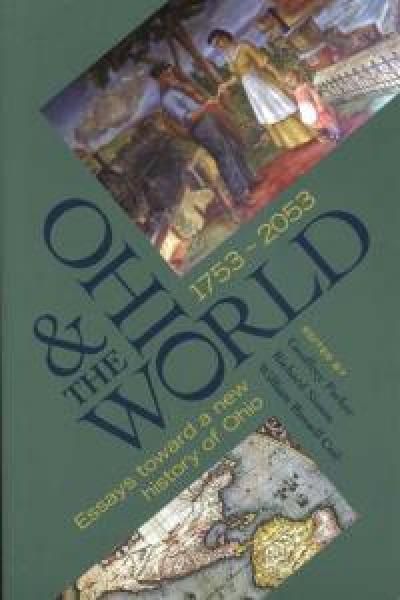Ohio and the World, 1753–2053: Essays Toward a New History of Ohio

Parker, Geoffrey
Ohio and the World, 1753–2053began as a set of lectures celebrating the State’s bicentenary, with America’s leading historians presenting a series of paradoxes. In the eighteenth century, Native Americans in the Ohio country forced Europeans to negotiate, yet failed to ally with or defeat the United States, then weaker than France and England. In the early nineteenth century, Ohioans spearheaded the democratic experiments of the Atlantic world but depended on trade with the Southern slave states. Around 1900, Clevelander John D. Rockefeller created the modern oil industry by centralizing economic power and reducing democratic opportunities, just as other Ohioans democratized public life and participated in international reform movements: temperance, women’s suffrage, urban renewal, and labor.
The paradoxes continued. What took 150 years to build—a vibrant culture, a strong economy, a highly educated citizenry—took only fifty years to decay. As the global economy changed, Ohio fell behind and thus became a good place to be from rather than the best place to be. What will help Ohioans once more to participate in the conversations and economic successes of the world? Ohio and the World offers an engaging look at the successes of Ohio’s past and invites readers to think anew about its future in an age of globalization.
Contributors
- Herbert B. Asher
- Andrew R. L. Cayton
- R. David Edmunds
- Eric Foner
- James Oliver Horton
- William E. Kirwan
- James T. Patterson
- Kathryn Kish Sklar
Investigators
Filters: 2004
